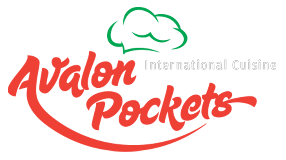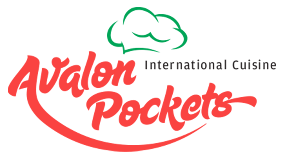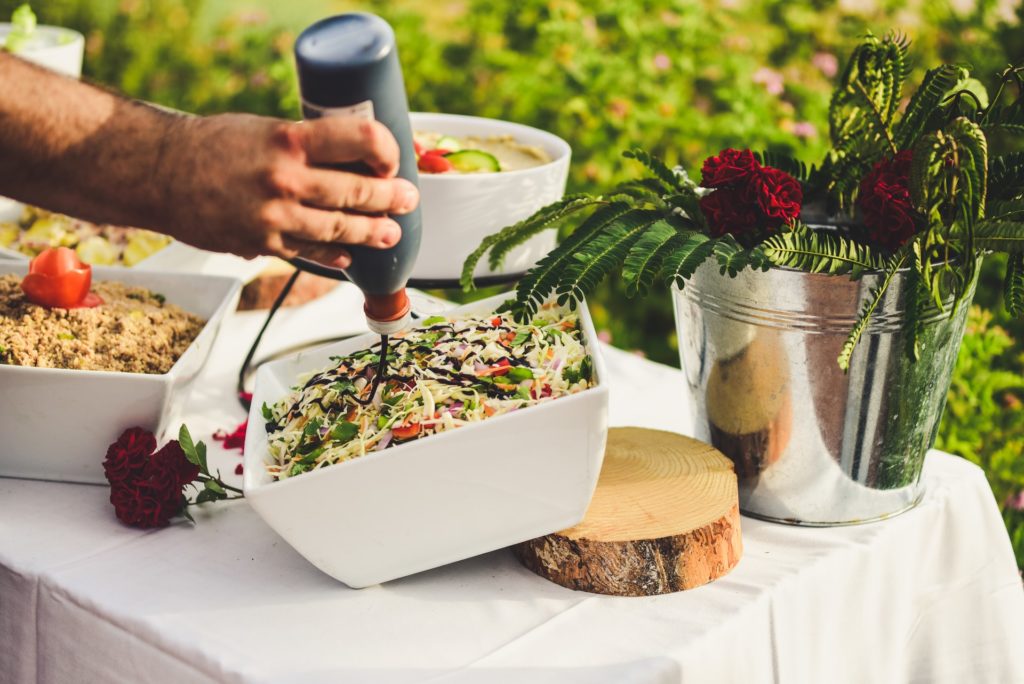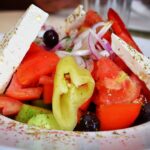What you’ll find in Mediterranean diet recipes is going to both keep you in awe and grateful for having such things in your meal. In case you’ve come this far and have decided to follow the Mediterranean diet lifestyle, then you ought to know that your shopping list will also need to be reshuffled, or completely change. You may spend more time going to the farmer’s market than in grocery stores for supplies, as the Mediterranean diet requires fresh, unprocessed ingredients for its meals. If you’re used to buying canned goods or ready-to-cook meals from your local grocer, then you’re going to have to get used to using farm fresh foods from now on.
The Mediterranean Diet Recipes Should be Made into a Lifestyle
The Mediterranean diet (or lifestyle as some would call it) is well-known among Europeans, Turks and North African peoples. In fact, you may even consider it as an ancient culinary practice and food tradition among civilizations surrounding the Mediterranean Sea. It is also among the top most effective diets in the world today. Preparing Mediterranean diet recipes is practically a blessing from the food gods! Being a whole-foods diet that is heavily based on plant foods rather than meat-based diet, the Mediterranean diet is highly effective at obtaining and maintaining health. It’s even ideal for weight loss! But if you think that a plant-based diet is uninteresting, then perhaps you haven’t tried some of the best Mediterranean recipes yet.
The Mediterranean Diet Pyramid
Since the Mediterranean diet is a collection of dishes from various cultures that have sprung up from the shores of the Mediterranean Sea, it’s safe to say that there are no hard “Nos” in it. It is collectively known in modern times as Mediterranean diet recipes. However, that doesn’t mean that it has no guidelines because it does and, in fact, its guidelines are far stricter than other types of diet known to man. To help you better understand; please take a look at the Mediterranean diet pyramid below:

What to Buy
Vegetables
The Mediterranean diet focuses on using farm fresh vegetables, because this provides dietary fiber which can help with your weight loss aspirations, as well as provide lots of nutrients for your body. And did I forgot to mention that when vegetables are cooked in the Mediterranean diet recipes, they taste absolutely amazing?! And you though the Chicken Mcnuggets taste great. Wait ‘till you taste the Greek baked feta – it will blow you away!
Must Haves
· Garlic
· Onions/Spring onions
· Leafy greens
· Tomatoes (fresh, canned, sauce and other forms)
Others
· Asparagus
· Artichokes
· Beets
· Bell peppers
· Broccoli
· Cabbage
· Carrots
· Eggplants
· Green beans
· Mushrooms
· Olives
· Peas
· Squash (including Zucchini)
Nuts & Seeds
Nuts and seeds are a great addition to many Mediterranean diet recipes and they’re also good for making snacks. They are rich in protein, dietary fiber and healthy fats.
· Almonds
· Cashews
· Flax seed
· Peanuts
· Pinenuts
· Pumpkin seeds (pepitas)
· Sunflower seeds
· Walnuts
Grains and Such
It is advised that you use whole-grain products when preparing Mediterranean diet recipes, because they are a good source of vitamin B complex, dietary fiber and minerals. They also help in weight loss or maintaining an ideal weight, as well as prevent heart disease.
· Barley
· Bread (loaf or pita)
· Bulgur
· Couscous
· Oatmeal
· Pasta
· Polenta
· Quinoa
· Rice
Most – if not All – Mediterranean Diet Recipes are Bursting with Health-Giving Nutrients
Fruits
As if we need to highlight what the health benefits are with fruits – they are essentially Nature’s jewels when it comes to improving your health! So make sure that you have at least one kind of fruit per meal.
· Apples
· Apricot
· Avocados
· Bananas
· Cherries
· Berries
· Dates
· Figs
· Grapes
· Lemon (used regularly)
· Melon
· Oranges
· Peaches
· Plums
· Pomegranates
Dairy/Eggs
These types of food source are recommended to be consumed in moderation based on the Mediterranean diet guidelines.
· Low-fat milk
· Yogurt and Greek yogurt
· Eggs (preferably organic or free-range)
Healthy Oils/Fats
When stir-frying foods or using oil as an additive, the default oil to use is always extra virgin olive oil, because it provides the most health compared to all the others in this list. However, you may also use the various oils types according to your preference, or if the recipe specifically asks for it.
· Extra virgin olive oil
· Avocado oil
· Grape seed oil
· Ghee (clarified butter)
· Canola oil
Seafood & Poultry Etc.
Eat white fish whenever possible as this is a good source of lean protein. Meanwhile, if you want to get a good dose of Omega-3, then opt to consume oily fish like Salmon. Eat seafood twice a week, while enjoy poultry in moderation (maybe twice a month or less) and eat red meat only rarely.
· White fish of all kinds
· Salmon and other fatty fish
· Shell fish like crabs, shrimps, lobster and other types
· Poultry
· Meat (lean beef, pork, lamb and others)
Herbs & Spices
The best thing about Mediterranean diet recipes is that you get to use herbs and spices in almost every meal, and this has lots of benefits. For one thing you reduce or eliminate the use of salt for flavoring, secondly the flavors that the herbs and spices give are far superior than salt and other types of food additives can offer.
· Basil
· Bay leaves
· Cilantro
· Mint
· Parsley
· Oregano
Beans & Legumes
Beans and legumes are also a good source of fiber, protein, carbohydrate, B vitamins, iron, copper, magnesium, manganese, zinc, and phosphorous.
· Black beans
· Chickpeas (Garbanzo)
· Hummus
· Kidney beans
· Lentils
· Pinto beans
· White beans (Cannellini)








4 Responses
Good web site you’ve got here.. It’s hard to find quality writing like yours nowadays.
I really appreciate people like you! Take care!!
I love what you guys are usually up too. Such clever work and reporting!
Keep up the good works guys I’ve added you guys to my personal blogroll.
I cannot thank you enough for the article post.Really thank you! Will read on…
You’re welcome! Will be uploading more articles soon. Enjoy!